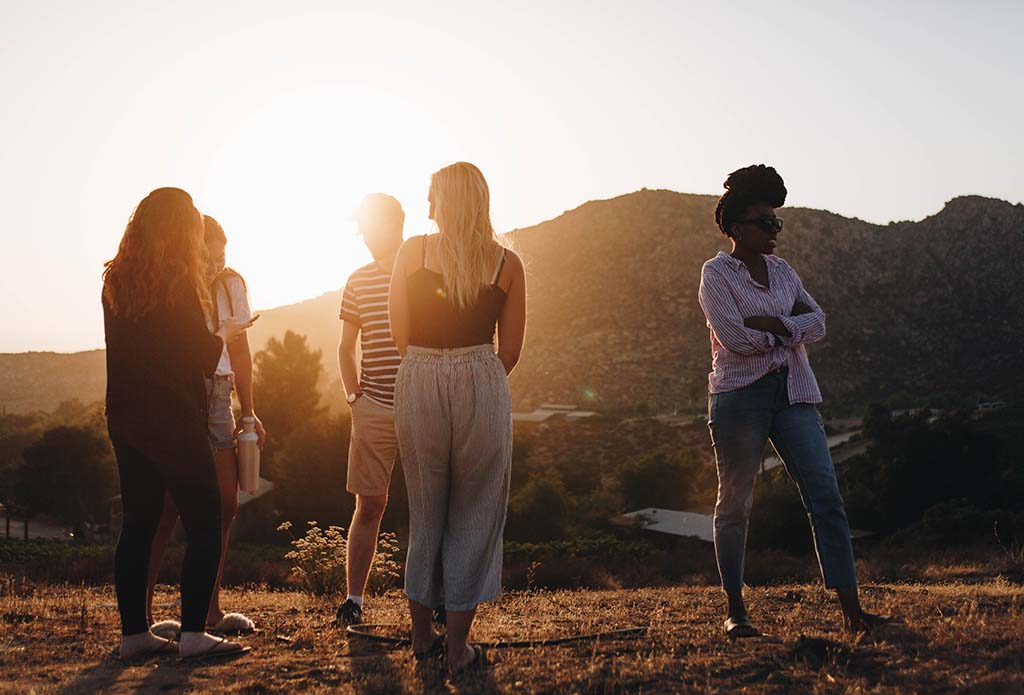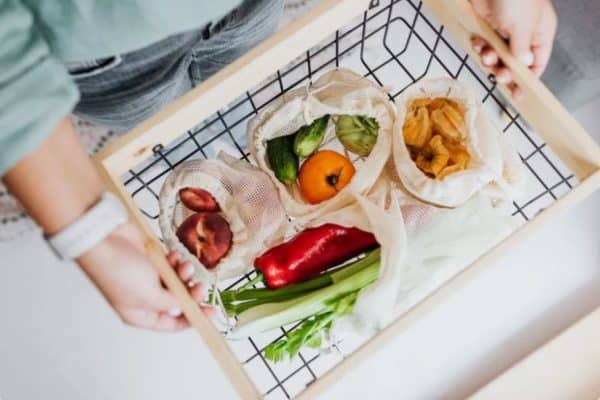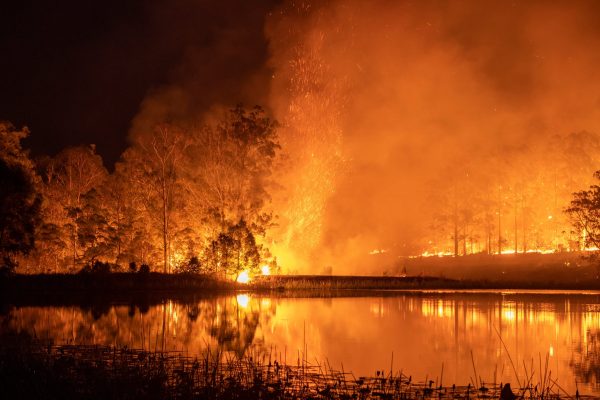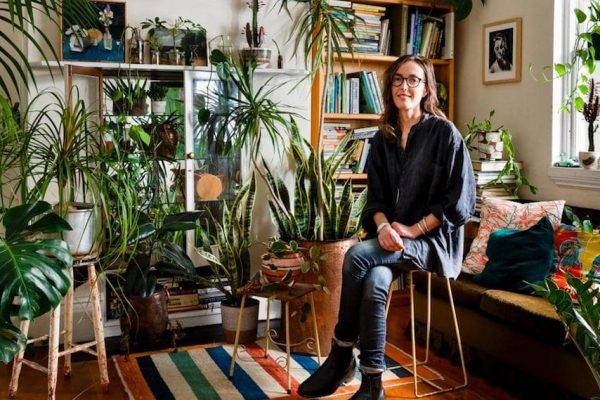How To Have Conversations About Climate Change – Without Getting Into A Screaming Match
Olivia Burton
If there’s anything that the last few years have taught us, it’s that people are becoming increasingly divided on common topics.
Whether it’s caused by an increase in fake news across social media sites, or that our environment is getting increasingly hostile (climate crisis / COVID-19).
Either way, we (I am including myself in this) have to learn how to effectively talk to each other about important topics, without getting into a screaming match.
It’s crucial to have these conversations with friends, family, co-workers and anyone that will listen, to find solutions, discuss our fears, guilt and just talk!

People are more likely to trust their peers, family and loved ones over experts or politicians. Conversations are powerful, and climate change is an urgent global issue that requires personal, collective, and governmental action
“We have to go out and look for the hope we need to inspire us to act – and that hope begins with a conversation, today”- Climate scientist Katharine Hayhoe
Start small (talk)
Apparently, 82% of Aussie’s worry about climate-driven bushfires and four out of five of us agree that climate change is happening.
Even if we are all aware of the basics, a recent scientific study showed that discussing the climate crisis with your inner circle in small talk can lead to greater awareness, concern and trust in science (the researchers call it a pro-climate social feedback loop).
Maybe start by asking questions around the climate crisis…you know casually*. It also doesn’t need to be direct facts or negative stories; it can be around the news that is interesting.
Below are some stories that I find interesting
- The world’s best fire management is in northern Australia, led by Indigenous land managers
- During COVID-19 lockdowns in 2020, global greenhouse gas emissions dropped by about 7 percent
- Did you know that Costa Rica in 2019 had 98% of its electricity from renewable sources?
*It’s not my fault if you are not invited back to your friend’s dinner parties.
Listen
It is crucial in a conversation, especially with friends and family, to listen and really listen.
It is important to be aware that everyone’s voices should be heard, and these conversations are not about telling people what to believe, it’s about listening and sharing. Maybe someone has been impacted by the recent bushfires or has a different opinion on coal. Let’s hear it.
Be vulnerable
Everyone has a story to tell and a reason for believing something, therefore finding a shared value through sharing personal understandings, fears and stories, is crucial for engagement and learning.
Reflection, finding a shared value to agree on and sharing, are vital steps in having genuine climate conversations. I agree that it is worrying for the younger generations, I am scared about having any children and should I even contribute more people into this mess?
Be creative
Take your friends and family out and learn together!
Go for a bush-walk, get involved in a local beach clean-up (try Strawkle in Sydney), go op-shopping or to the markets! These environments are all perfect opportunities to learn together about climate change or conservation or plastic pollution or fast fashion. It’s better than showing your grandma the video of a turtle with a straw stuck in its nose.
Don’t push it
I know we are running out of time, but these conversations don’t need to happen all in one go. Pushing it on your friends and family may also shut down the conversation stream entirely. They don’t need to happen in one sitting, and just opening up the conversation is a good start.
The above steps are loosely based on a five-step conversation starter by Karin Tamerius of Smart Politics, which was formed on expertise in social and political psychology.


